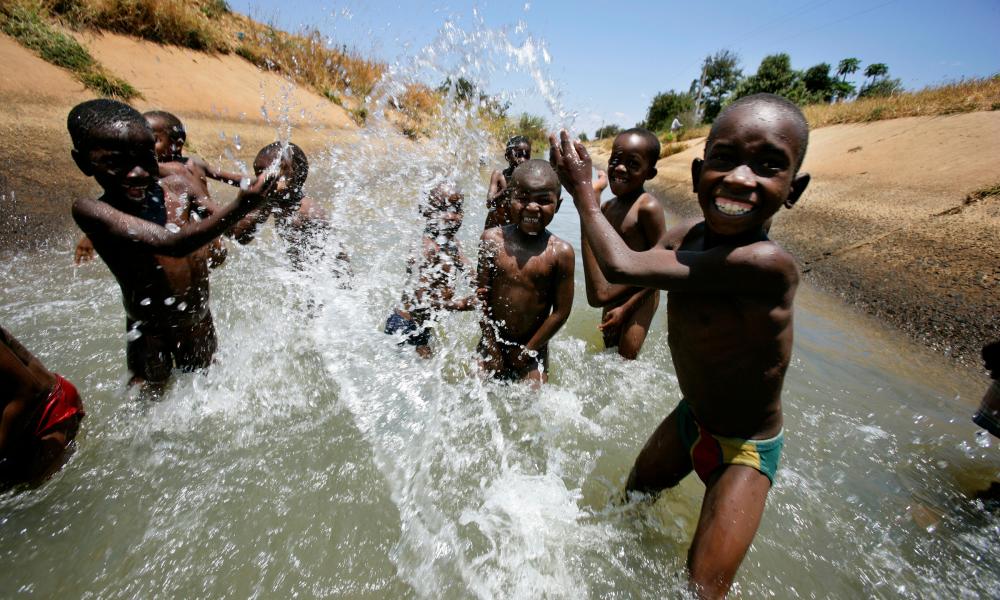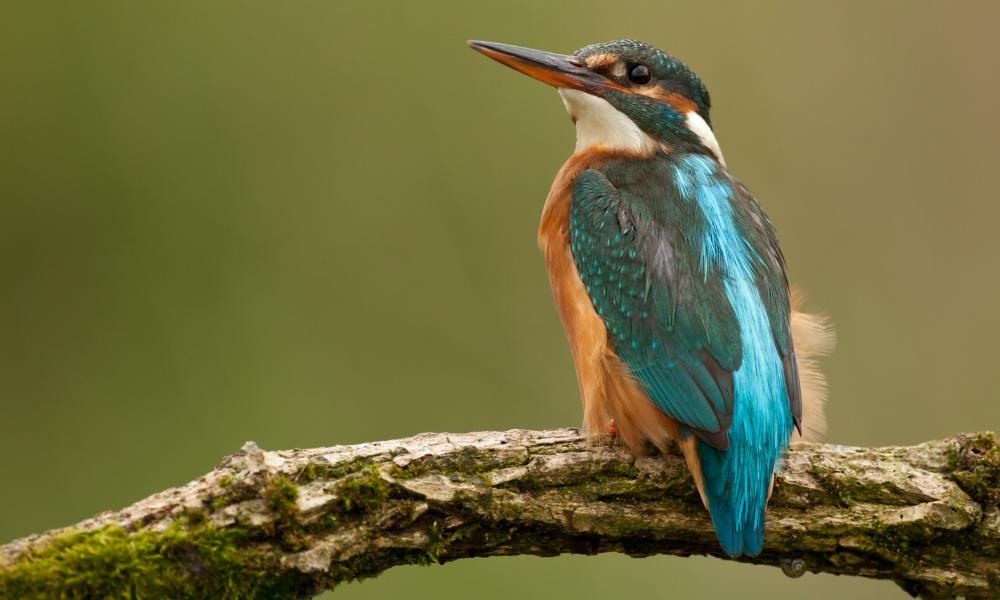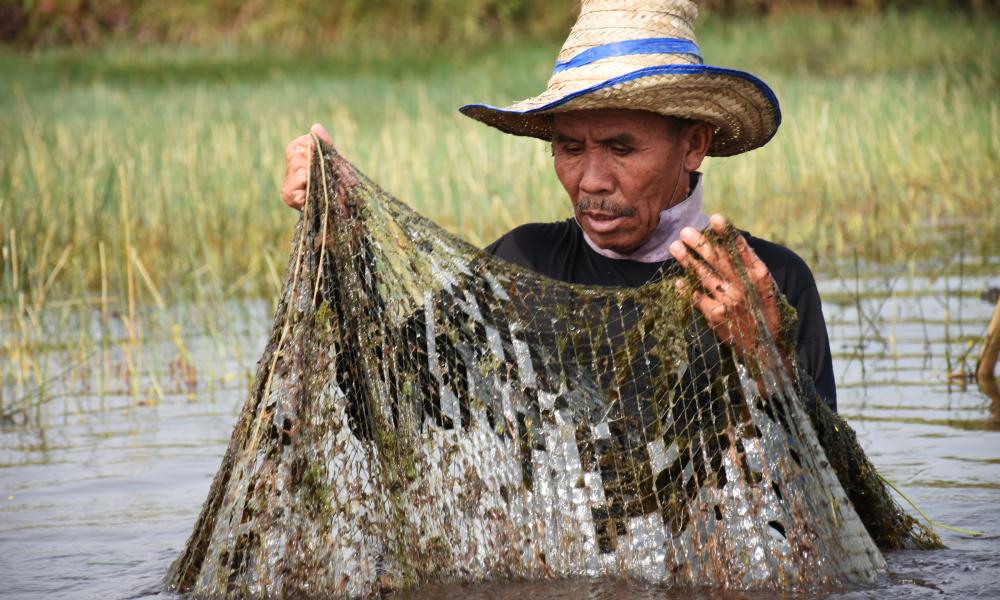WHY ARE RIVERS SO IMPORTANT?
On World Rivers Day, we celebrate the world’s precious waterways. But across the world, and closer to home, rivers are under threat. Why are rivers so important? And what are we doing to protect them?
1. WE ALL NEED WATER TO SURVIVE
It goes without saying, but fresh, clean water is essential for humans and nature to survive. Rivers are precious sources of fresh drinking water for people across the world. And when rivers are so badly polluted by industry or unevenly distributed by poor water management practices, it can be a case of life-or-death. This unfortunately happens across the world.
We’re working with HSBC in Kanpur, India, to help more than 30 factories involved in the production of leather reduce their water use and pollution, benefitting the environment, workers, and the local community with access to clean flowing water.
With AB InBev, the world’s leading brewer with brands such as Budweiser under its wing, we’re working with communities to develop new enterprises and encourage sustainable farming practices along the River Rwizi in Uganda, securing this valuable water source for people and nature.

2. RIVERS ARE HOME TO SOME OF THE MOST DIVERSE AND ENDANGERED WILDLIFE ON EARTH
Freshwater habitats account for some of the richest biodiversity in the world, and rivers are a vital, vibrant ecosystem for many species.
But even in the UK, over three-quarters of our rivers fail to meet required health standards and face multiple threats – putting increasing pressure on the diverse wildlife that calls our beautiful rivers home: from kingfishers to otters and brown trout.
In East Anglia, we’ve been working with Coca-Cola and The Norfolk Rivers Trust since 2012, in an area where a lot of Coca-Cola’s sugar beet is grown. With local farmers, we’re encouraging the adoption of simple land management changes to support healthy rivers that benefit wildlife and farming. This can be as simple as stopping water from flowing downsloping tractor tracks, which would take valuable topsoil as well as pollutants into rivers and streams.

3. RIVERS ARE VITAL TO PEOPLE’S LIVELIHOODS
People depend on rivers for their way of life and their livelihoods. From fishing to agriculture, the way we manage our waterways has a direct impact on people’s lives.
For example, in the Yangtze River in China, the introduction of a dam unintentionally prevented carp from spawning downstream, where a commercial fishery was located. By working with HSBC and the state-owned TGD (Three Gorges Dam) company, we worked to change how the dam operated, so that it mimicked the natural flow of the river. This boosted the carp population and allowed people to continue living off the river when previously their livelihoods were at stake.
It was a similar story in the Mekong river basin spanning Cambodia, Laos, Myanmar, Thailand, Vietnam, and China’s Yunnan province, where a quarter of the world’s freshwater fish are caught. Overfishing has caused fish populations to plummet – bad news for the fish, and for the 60 million people in the region reliant on fish in their diets. We provided support to local communities to manage conservation zones and prevent illegal fishing, and as a result, local people have found it far easier to live sustainably off the river.

Rivers are absolutely vital: for fresh drinking water, for people’s livelihoods, and for nature. Unfortunately, they’re still threatened. We must commit to recovering freshwater biodiversity, restoring natural river flows and cleaning up polluted water for people and nature to thrive.
To learn more about our work with rivers and freshwater, click here.